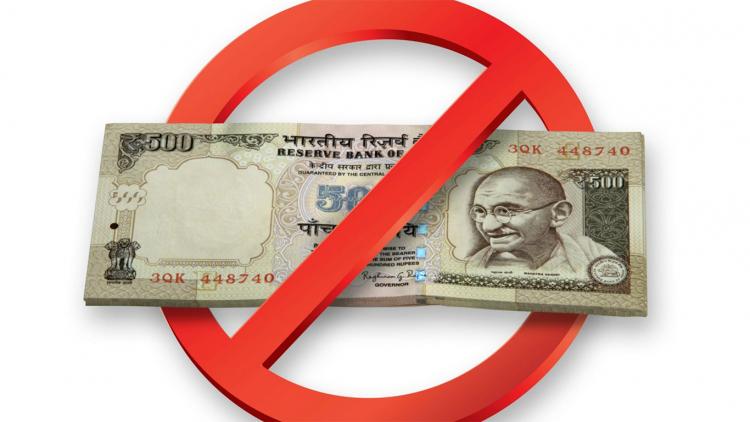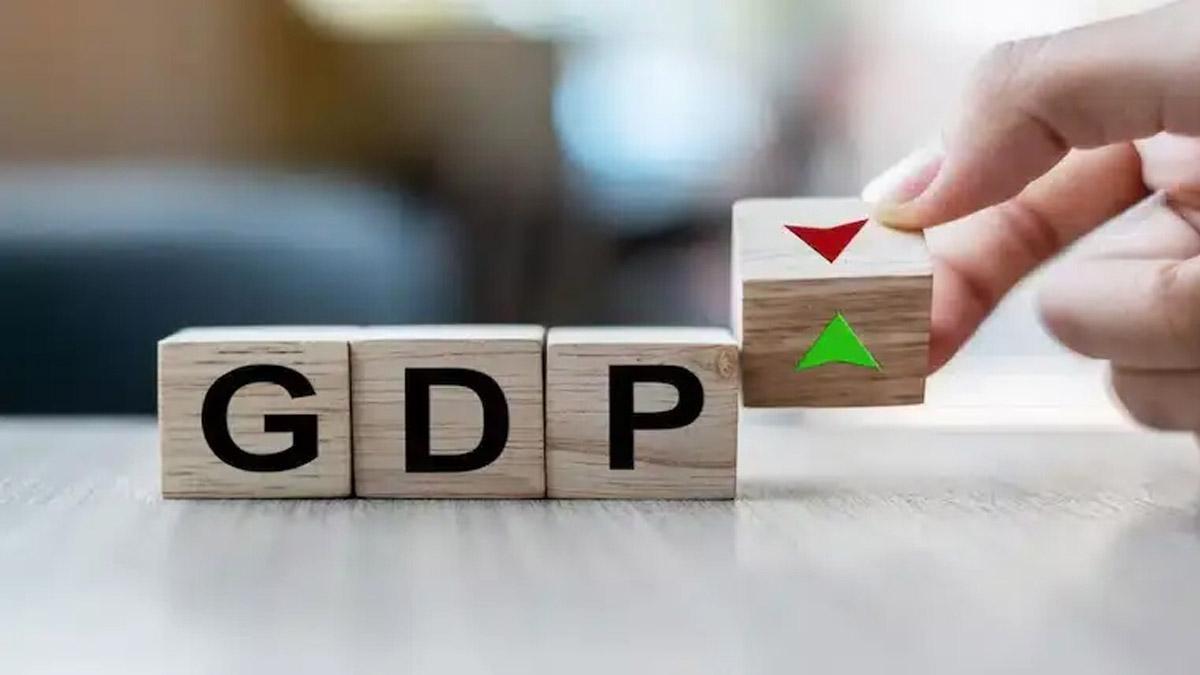The Indian housing sales have outstripped new supply after demonetisation, according a new ANAROCK Research.
Despite the confusion and uncertainty immediately after demonetisation, the negative impact has receded after a major market derailment within the first year of its announcement.
"A notable impact of the triple whammy of DeMo, RERA, and GST was a significant deceleration in new property launches. Data shows that in the pre-DeMo period between 2013 till Q3 2016, the top 7 cities saw approx. 16.15 lakh new units launched while the post-DeMo period (Q4 2016-Q3 2021) saw 9.04 lakh units launched in the top 7 cities -- a drop of nearly 44 per cent between the two periods" Anuj Puri, Chairman - ANAROCK Group said.
Also read| Pharma sector to witness moderate revenue growth in 2021-22: Crisil
"In the pre-DeMo period, new supply outstripped housing sales - whereas, in the post-DeMo period, housing sales overtook new supply in the top 7 cities", added Puri.
Prior to demonetisation, during 2013-Q3 2016, the top 7 cities recorded launch of approx. 16.15 lakh units while housing sales in this period stood at approx. 11.78 lakh units. After the demonetisation, between Q4 2016 and Q3 2021, these cities saw cumulative new launches of approx. 9.04 lakh units and housing sales clocked in at approx. 10.37 lakh units.
The ongoing trend of sales exceeding supply will continue as developers keep a sharp eye on the demand-supply gap after a huge market realignment following the demonetisation, the research report said.
The housing market has emerged stronger, with speculative buying and selling now done away with and end-users firmly in the driver's seat. Even luxury housing, which took a major hit after DeMo, has seen a significant resurgence after the Covid-19 pandemic caused latent demand to surface strongly.
Predictably, the secondary sales or resale housing market proved far more vulnerable to demonetization than the primary market. This segment, along with luxury housing, historically drew the bulk of 'cash components'. While the resale housing sector continues to reel from the after effects of DeMo, affordable and mid-segment housing demand in primary sales (sales by developers) increased.
Has the once-ubiquitous cash component been fully eradicated from Indian housing?
"Not completely," says Puri. "However, unlike earlier, people no longer buy homes primarily to get rid of black money - they now buy them because they want to own homes. Most of the end-users now majorly driving housing sales expect their property transactions to be transparent and above-board. Nevertheless, black money is still finding its way into property transactions in smaller towns and peri-urban areas. Overall, the use of black money in Indian housing has reduced by at least 75-80 per cent."
One major driving factor behind this is that branded, listed players - who now attract a significant majority of housing demand to their projects - play by the book and avoid unaccounted monies in their transactions. After DeMo and the roll-out of RERA and GST, homebuyer demand gravitates towards branded products. Leading developers shifted their previous focus on luxury projects to the new demand for affordable and mid-segment housing.
This demand-supply equilibrium has helped keep the sales momentum going, especially when housing demand rose significantly during the pandemic.
As per ANAROCK Research, of the total sales from April to December 2020, the top 8 listed realty players' share in overall housing sales rose to 22 per cent from the modest 6 per cent in FY 2017. Even strong non-listed developers ramped up their sales share -- from 11 per cent in FY 2017 to 18 per cent in the first three quarters of FY21.
Today, the housing sector's rough ride due to demonetization has smoothened. Still, DeMo has changed the very fundamentals of why and how residential real estate is bought and sold in India. Today, housing sales happen because of actual demand, not as a means to launder black money.
This is a major evolutionary step that would have taken decades to bring about under any other circumstances.


















